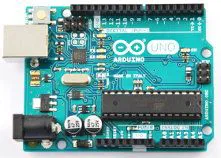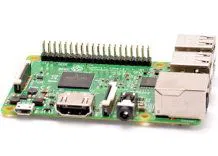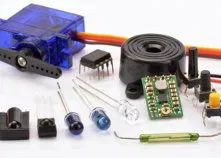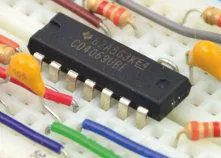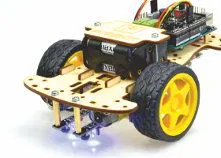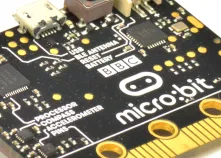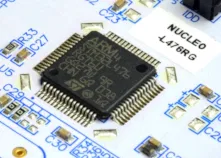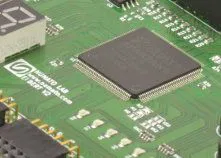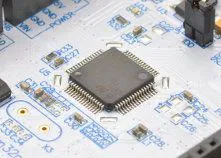Table of Contents:
Electric generator is a device that converts mechanical energy into current. When might such a solution come in handy?
Electricity generator - what is it?
When referring to this type of system, we may encounter various terms: electric generator, current generator or electric current generator. However, all of them mean the same device, whose task is to generate electricity using another type of energy – the most common is mechanical energy. It is worth noting that this is a fairly broad category, including both small components for use in electronic systems and generators typically used with internal combustion engines.
Depending on the model chosen, the generators can use different energy sources. Nowadays, renewable sources are becoming increasingly popular – for generators, you can bet on generating electricity from wind, water or the sun. The various options can operate on the basis of turbine motion or by directly converting input energy into current. The first way refers to devices that derive energy from wind and water, while solar generators belong to the second group.
What is an electric generator used for?
In most situations electric generators are used as an additional source of energy in the event of various types of emergencies. Such use is especially true for generators with higher output power to deliver the required current to end devices. However, there is also no shortage of equipment on the market characterized by lower power output, mainly used in electronics. In their case, the source of energy is usually the flow of water with a certain maximum pressure, but you can also meet with generators that use air movement.
How does an electric generator work?
The primary task of an electric generator is to convert mechanical energy (or energy from another source) into electrical energy. How this process occurs depends on the type of device, which is primarily the source of primary energy.
For example, generators powered by liquid fuels (e.g., diesel, gasoline) are basically internal combustion engines with additional mechanisms – the drive unit in the machine sets in motion a synchronous generator, which produces power. Hydroelectric generators, on the other hand, use the flow of water to move a turbine, similar to wind power-based generators. All of these variants, therefore, operate using mechanical energy – solar generators, on the other hand, which use the photovoltaic phenomenon, work slightly differently.
The current generated by the generator is then transferred to the outlet or output of the device. This allows you to connect more devices that can be powered in this way. Note that the input voltage characteristics of the target equipment must be matched to the output of the generator.
How much power does an electric generator have?
This is another issue that depends mainly on the type of generator in question. The most powerful devices of this type offer power even in the vicinity of several or several thousand watts, which will allow to power quite a number of devices with high energy requirements. However, more power goes hand in hand with a much larger size – moreover, these are overwhelmingly internal combustion engine generators, which will not work well for home use or projects involving electronics.
Smaller generators, which are used in robotics and electronics, mostly deliver an output voltage of 5 volts and an output current of a few hundred milliamperes. It is worth noting, however, that electronic components – especially those based on semiconductors – have relatively low power requirements, so such performance may be quite sufficient.
Power generator - application
The use of an electric generator depends on its size and power. Small models can be used to prepare various types of electronics and robotics circuits. With their help, you can also develop smart systems for the home yourself or perform various experiments. Projects that can benefit from an electric generator include. monitoring systems or smart plumbing systems. Such components can also serve an educational function, allowing learning about various phenomena based on the action of electricity.
Larger generators, on the other hand, are used in emergencies, as well as in places where it is not possible to bring a standard source of electricity. They can be encountered, for example, on construction sites or during various works carried out “in the field”.
How to choose the right power generator?
There are several important points to consider before buying a device of this type. The most important parameter is the output power – it should be adjusted to the device you want to power using the generator. The requirements in this regard will be quite different depending on the target hardware. Electronic components require a relatively small amount of power, but with larger devices the demand increases significantly.
On top of that, the way the generator is powered is important. In a domestic setting, devices that use water flow will work best. Importantly, their parameters are significantly different from the specifications of other generators, such as diesel generators – among other things to be considered. flow range or the amount of water needed to generate a particular voltage.
Current generators for electronics and robotics systems can be found in the offer of the store Botland. Our product range includes solutions from reputable manufacturers, designed for use with the most popular platforms – including chipsets Arduino.
How useful was this post?
Click on a star to rate it!
Average rating 0 / 5. Vote count: 0
No votes so far! Be the first to rate this post.






